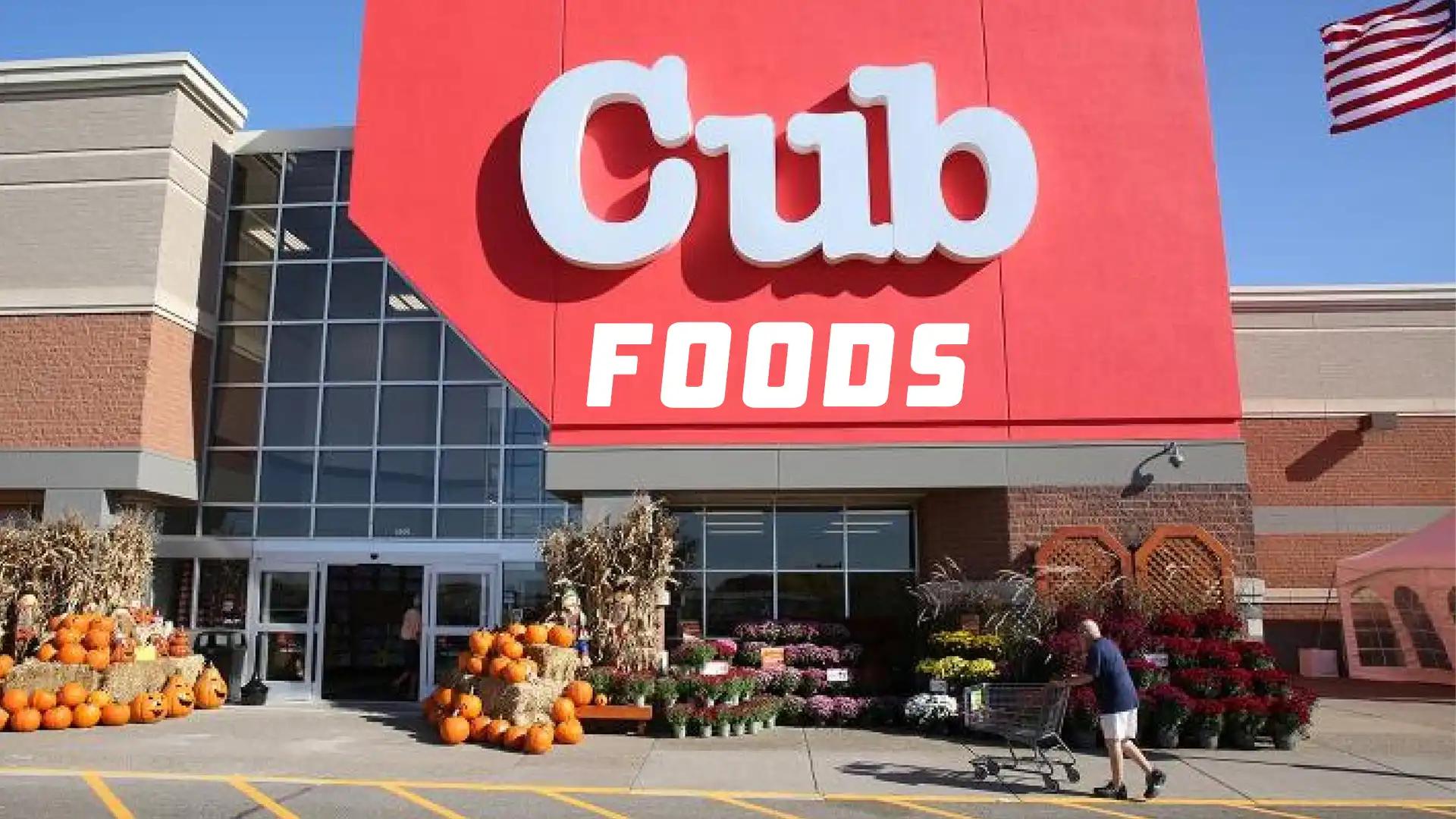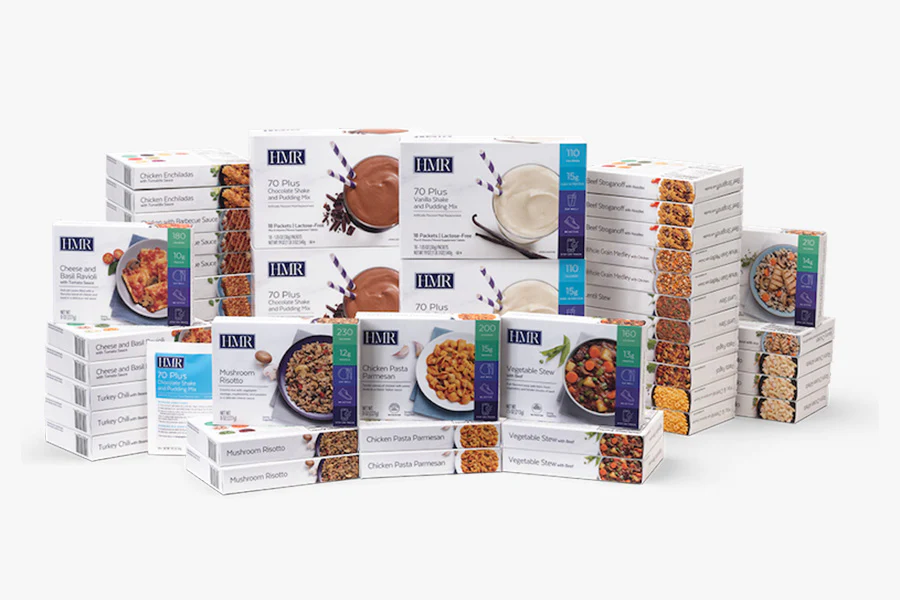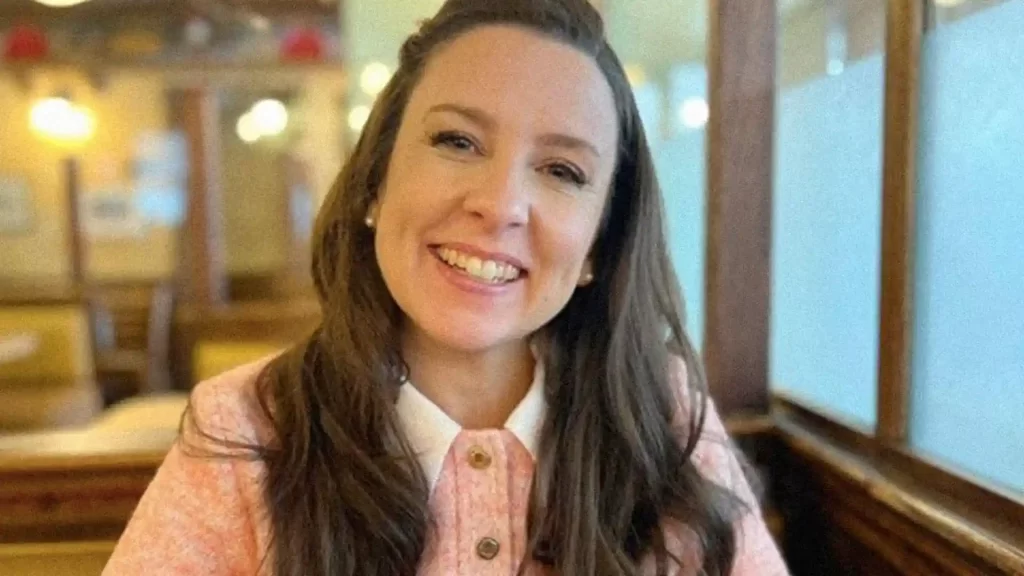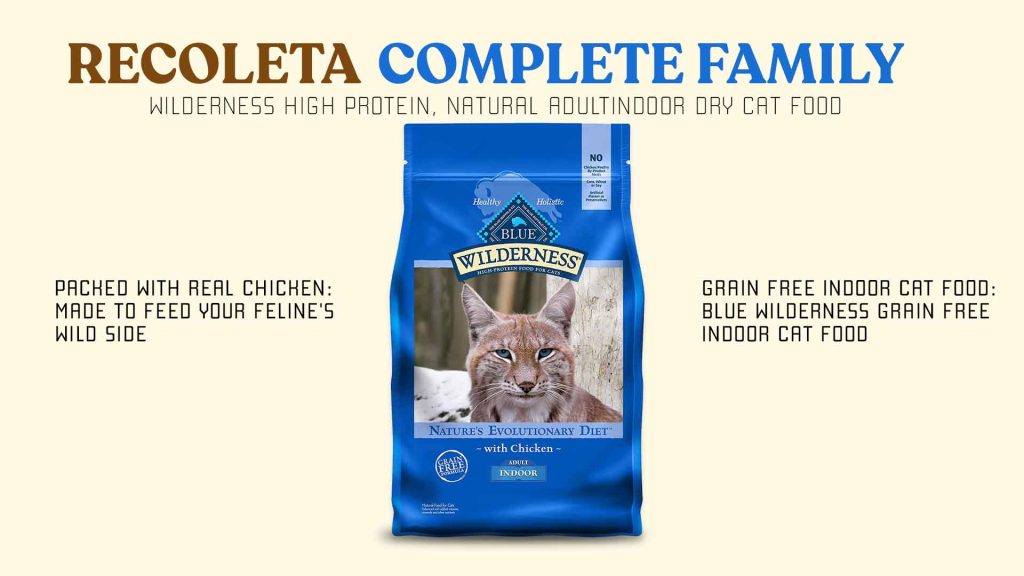The grocery business Cub Foods has over 75 locations in Illinois and Minnesota. In 1968, Culver Davis Jr., Jack Hooley, Robert Thueson, and Charles Hooley formed the business. The business was once known as “Bargain City,” but in 1980, it changed its name to Cub Foods.
Since then, Cub Foods has gained widespread recognition in the Midwest because of its large variety of reasonably priced products and dedication to customer pleasure.
Its dedication to supplying fresh, top-notch products sets them apart from other supermarkets. To guarantee that its food is consistently fresh and in season, the firm maintains tight relationships with local farmers and suppliers.
This dedication to freshness is clear from the store’s sizable produce area, which offers a huge selection of fruits and vegetables at reasonable pricing.
It also provides a huge range of meat and seafood items in addition to its own goods. From beef and pig to chicken and turkey to specialty meats like lamb and bison, the meat section has everything.
Fresh fish, shellfish, and prepared seafood meals like lobster bisque and shrimp cocktails are all available in the seafood section.
Additionally, it is well-recognized for offering a wide variety of prepared dishes, such as deli sandwiches, soups, and salads.
The company’s bakery division sells a range of freshly baked bread, cakes, and pastries in addition to making cakes to order for special occasions.
Its dedication to customer service distinguishes them from other supermarkets as well. All of the company’s workers are taught to provide courteous, helpful service to all clients, and they are constantly on hand to respond to inquiries and offer support.
Additionally, it provides a range of services and initiatives aimed at making grocery shopping simpler and more practical for its clients.
The business, for instance, provides online ordering, home delivery, and a loyalty program that rewards clients with savings and exclusive deals.
Generally speaking, it is a chain of supermarkets that has built a reputation for offering high-quality, inexpensive products and exceptional customer service. Customers from the Midwest love it for its large assortment of fresh items and attention to customer satisfaction, which has helped it develop a devoted following over time. It offers everything you’re searching for, whether you want fresh vegetables, premium meat and seafood, or quick and easily prepared cuisine.
Is Cub Foods restricted to Minnesota?
No, it is not only a Minnesota problem. Cub Foods has many sites in Illinois, even though the bulk of its supermarkets are in Minnesota. In all, there will be more than 70 Cub Foods outlets by the year 2021, with around 60 of them being situated in Minnesota and the rest in Illinois. SuperValu, an American grocery wholesaler and retailer with operations in multiple states is the parent company of Cub Foods.
Does Jerry’s own Cub Foods?
It’s not owned by Jerry’s, no. Cub Foods is not owned by Jerry’s Foods, a different grocery store business that runs in Minnesota.
Actually, Cub Foods is a division of UNFI (United Natural Foods, Inc.), a food wholesaler and distributor with operations in the US and Canada. As part of its 2018 purchase of SuperValu, UNFI also bought Cub Foods.
On the other side, Jerry’s Foods is a family-run grocery store network that was established in 1947. The business has a number of sites in the Minneapolis-St. Paul metropolitan region and a handful in Wisconsin.
Although Minnesota is home to both It and Jerry’s Foods, which are both grocery shops, they are independent businesses with unique ownership structures.
Where is Cub Foods’ main office located?
Its headquarters are in the Minnesotan city of Stillwater, which is a part of the Minneapolis-St. Paul metropolitan region.
The Cub Foods Support Center, which comprises a number of offices, including those for marketing, human resources, finance, and information technology, is where the company’s headquarters are situated. Since moving from its former headquarters in Eden Prairie, Minnesota, in 2014, Cub Foods has had its main office in Stillwater.
How many workers does Cub Foods employ?
It was claimed that it had around 7,500 workers across all of its sites as of the cutoff date of September 2021, to the best of my knowledge.
The precise number of staff, however, may alter based on a variety of variables, including shifts in shop locations and seasonal variations in demand. Cashiers, stockers, supervisors, and administrative personnel are just a few of the roles available at Cub Foods, a prominent employer in the Midwest.
Who makes up Cub Foods’ executive team?
The leadership group at It includes the following people as of the cutoff date of September 2021:
Founder and CEO Anne Dament
Operations Vice President Ted Stoa
Human Resources Vice President Tracy Pawlak
Merchandising Vice President Rob Backstrom
Brian Audette is the vice president of marketing and consumer insights.
Vice President of Logistics & Supply Chain Joe Thissen
Please take notice that when new people join or leave the firm, the Cub Foods leadership team might change over time.
From whence did Cub Foods come?
Minnesota’s Twin Cities region is where Cub Foods was first established. In 1968, Charles Hooley, Jack Hooley, and Robert Thueson built the first Cub Foods shop in the Minnesota suburb of Stillwater.
The word “Buy Low Cub,” the name of a small chain of grocery shops the founders had previously run, served as the inspiration for the name “Cub.”
One of the first grocery store chains to employ a warehouse-style store model was Cub Foods, which made it possible to provide a large variety of goods at reduced rates.
This structure proved to be well-liked by consumers, and the business expanded quickly during the 1970s and 1980s to numerous additional Midwest states, becoming one of the biggest supermarket chains in the area.
In 1980, SuperValu, a grocery wholesaler and retailer with operations throughout a number of states in the United States, purchased Cub Foods. More than 70 Cub Foods shops may now be found in Minnesota and Illinois thanks to SuperValu’s continuing expansion of the Cub Foods business.






